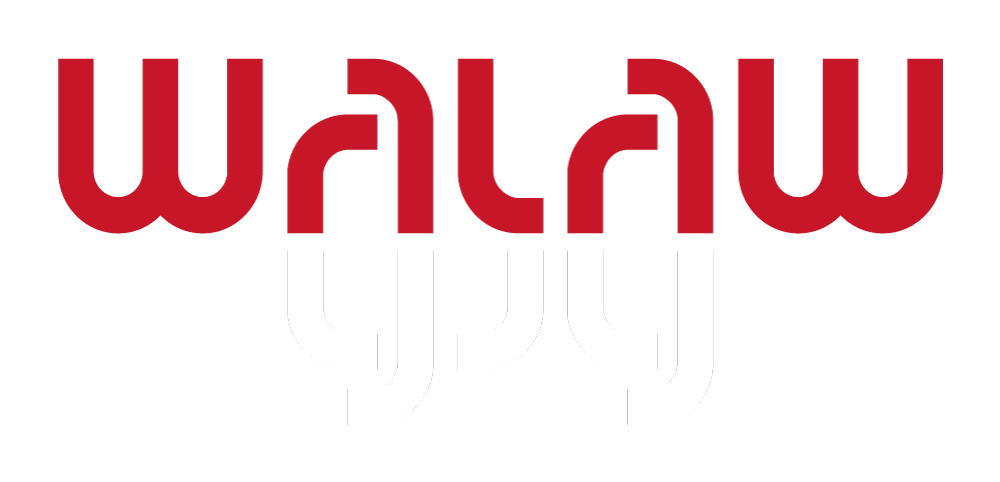-
17:20
-
17:00
-
16:50
-
16:30
-
16:00
-
15:40
-
15:20
-
15:00
-
14:40
-
14:20
-
14:00
-
13:30
-
13:00
-
12:40
-
12:20
-
12:00
-
11:40
-
11:20
-
11:00
-
10:40
-
10:20
-
10:00
-
09:30
-
09:00
-
08:30
-
08:00
-
07:30
-
07:00
UN Envoy Signals Potential Shift in Sahara Mediation Efforts
The long-standing dispute over Sahara may be entering a new phase as United Nations envoy Staffan de Mistura hints at stepping down from his role within six months. This development comes as the conflict approaches its 50th year, with de Mistura's potential resignation signaling a possible end to the current UN-led mediation efforts between Morocco and the Polisario Front.
In a closed-door session with the UN Security Council, de Mistura outlined his recent work and expressed concerns about the lack of progress in resolving the territorial dispute. The Italian diplomat is expected to return to New York in April for another Security Council review, where he may propose not only his resignation but also potentially ending the 33-year-old UN mission in Sahara.
De Mistura revealed that he had been exploring two potential solutions to the conflict. One option involves partitioning the territory, a plan originally proposed over two decades ago by former envoy James Baker. This approach would create an independent state in the southern third of Sahara, while integrating the remainder into Morocco.
The second option under consideration is Morocco's Autonomy Plan, which has gained increasing international support in recent years. However, de Mistura emphasized the need for Morocco to provide more details about its 2007 proposal, which has remained unchanged since its initial presentation.
"With full respect, but firmly, I reiterated to Moroccan Foreign Minister Nasser Bourita that the time has come for Morocco to explain its 2007 autonomy proposal," de Mistura told the Security Council. He added that it is the right of the Security Council and countries supporting the initiative to know exactly what is being offered.
The UN envoy's comments suggest that even major supporters of Morocco's Autonomy Plan, such as Spain and France, may not fully understand its contents. This implies that their support might be more politically motivated than based on the plan's specifics.
De Mistura also highlighted successful examples of autonomy, citing Scotland, Greenland, and South Tyrol (Alto Adige). However, he argued that the autonomy enjoyed by South Tyrol is significantly broader than what Morocco has offered for Sahara.
Morocco, for its part, has consistently rejected any solution outside its autonomy initiative framework. The North African country maintains that the Autonomy Plan is the sole basis for reaching a final solution to the dispute within the framework of Moroccan sovereignty.
As international support for Morocco's position grows, the path to a resolution remains uncertain. De Mistura warned that if no progress is made in the next six months, it would be legitimate to question the continued involvement of the United Nations in the process.
The UN mission in Sahara (MINURSO), established in 1991 to organize a self-determination referendum, has been reduced to merely observing the ceasefire after Morocco raised objections to the referendum process.
With de Mistura's tenure as UN envoy likely coming to an end without achieving a breakthrough, the international community faces the challenge of finding new approaches to resolve this decades-old dispute. As the situation evolves, stakeholders will be closely watching for any shifts in diplomatic strategies that could potentially break the long-standing impasse in Sahara.


